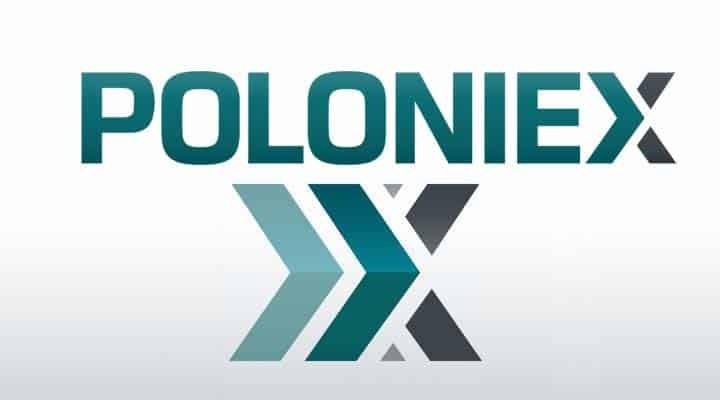Poloniex LLC, a US entity affiliated with crypto exchange Polonies, reached a settlement of $7.6 million with the US Department of the Treasury’s Office of Foreign Assets Control (OFAC) for allegations of sanctions violations.
Poloniex Settles with OFAC
Announced on Monday, the crypto exchange platform violated sanctions against Crimea, Cuba, Iran, Sudan, and Syria, as it allowed digital asset trading services to customers from these regions between January 2014 and November 2019.
According to OFAC, the crypto platform had nearly 66,000 violations of various sanctions programs, allowing the sanctioned region customers to trade more than $15.3 million in digital assets. It also stated that Poloniex allowed the activities "despite having reason to know their location based on both Know Your Customer information and internet protocol address data."
Poloniex was launched in January 2014 and had compliance measures in place in May 2015. However, the platform allowed its existing customers from sanctioned regions to continue to trade despite completing their Know Your Customer (KYC) requirements.
The crypto exchange implemented a block on IP addresses from the sanctioned regions in mid-2017, while sanctions controls related to customers in the Crimea region of Ukraine came only in August 2017.
“Although Poloniex made efforts to identify and restrict accounts with a nexus to Iran, Cuba, Sudan, Crimea, and Syria pursuant to its compliance program, certain customers apparently located in these jurisdictions continued to use Poloniex’s platform to engage in an online digital asset-related transaction,” OFAC stated.
Crypto Exchanges Must Follow US Sanctions Rules
Earlier, Kraken settled with OFAC, paying a penalty of $362,159 for apparent violations of sanctions against Iran. Additionally, the crypto exchange agreed to invest an extra $100,000 for implementing further sanctions compliance controls.
Earlier, Poloniex faced harsh regulatory backlash. It paid over $10 million in a settlement with the US securities market regulator in 2021 to settle charges of running an unregistered digital asset exchange. Canada’s Ontario Securities Commission also blamed the exchange for violating the country’s securities laws.
The ownership of Polonies has changed over the years, which is now owned by a consortium of entities and backed by the Founder of Tron, Justin Sun, who is facing charges in the US. Before that, stablecoin issuer Circle owned Polonies for two years when the exchange’s compliance measures were improved, OFAC highlighted.
“The settlement amount reflects OFAC’s determination that Poloniex’s apparent violations were not voluntarily self-disclosed and were not egregious,” added OFAC.
Revolut in Brazil; WeChat's digital yuan expansion; read today's news nuggets.

















